
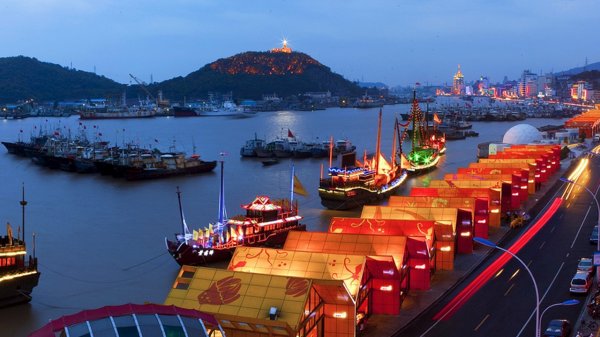
|
Zhoushan becomes world's third-largest bunker port
Chinese refuelling hub overtakes Antwerp-Bruges and Fujairah to take third place in 2025. |
|
|
|
||
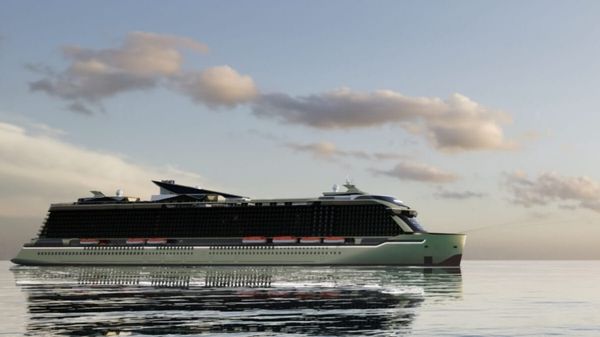
|
Meyer Turku completes net-zero cruise ship concept with 90% emissions cut
Finnish shipbuilder’s AVATAR project vessel design exceeds IMO targets using technologies expected by 2030. |
|
|
|
||
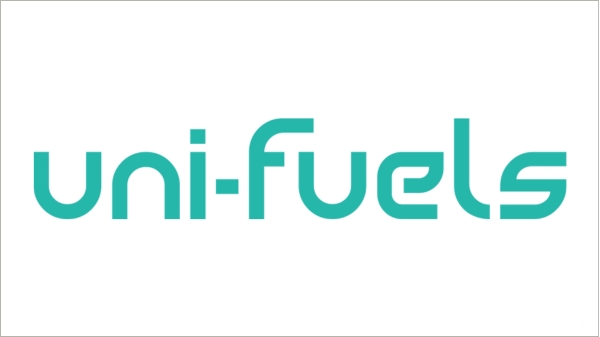
|
Uni-Fuels renews ISCC certification after first biofuel delivery
Singapore-based marine fuel supplier completes inaugural ISCC-certified biofuel delivery, supporting EU regulatory compliance. |
|
|
|
||
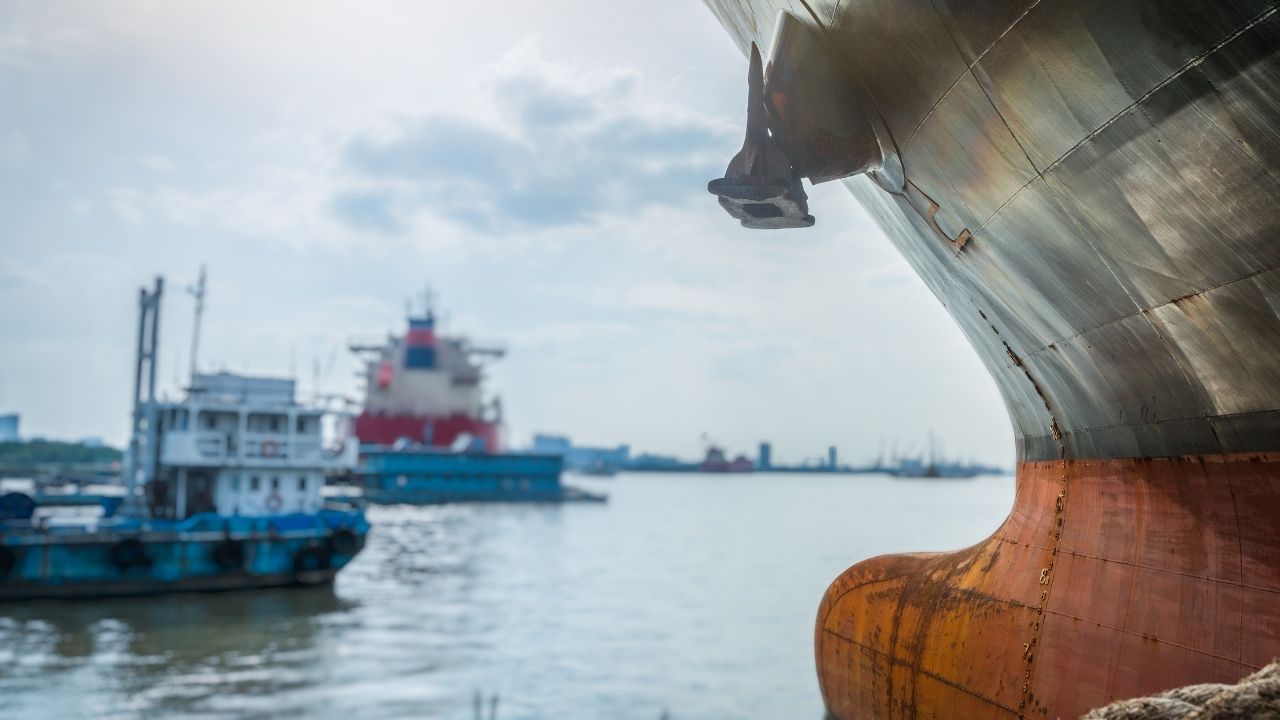
|
Iberian Peninsula poised to overtake the Netherlands as Europe’s top LNG bunkering hub
Spanish and Portuguese ports quadrupled ship-to-ship LNG supply in two years, data shows. |
|
|
|
||
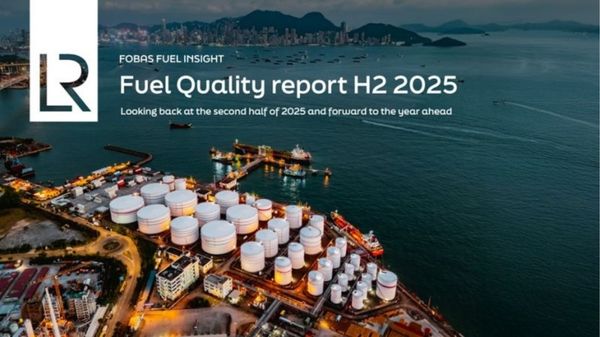
|
Lloyd’s Register reports sharp rise in marine fuel quality failures in late 2025
December recorded the highest monthly off-specification cases, driven by sulphur, catalytic fines and flash point issues. |
|
|
|
||
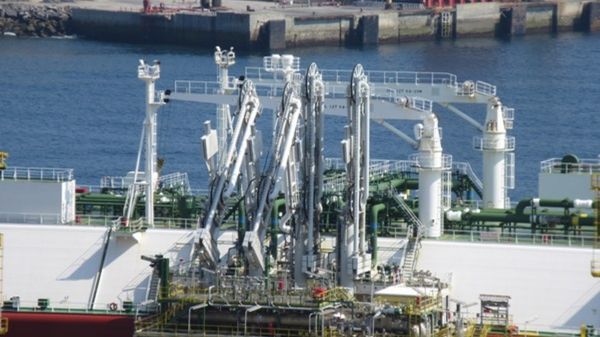
|
Bahía de Bizkaia Gas launches bio-LNG loading service after ISCC certification
Spanish regasification terminal begins offering renewable fuel loading for trucks and vessels in January 2026. |
|
|
|
||
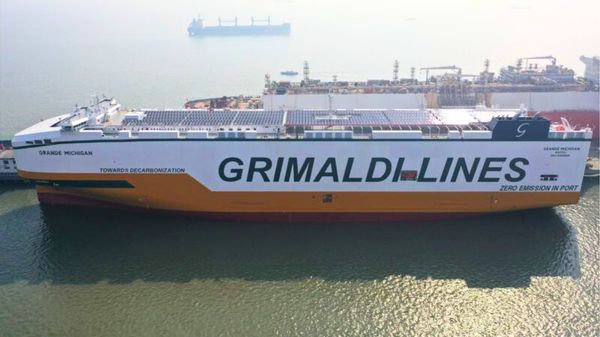
|
Grimaldi takes delivery of eighth ammonia-ready car carrier Grande Michigan
The 9,000-ceu vessel features 50% lower fuel consumption and 5 MWh battery capacity. |
|
|
|
||
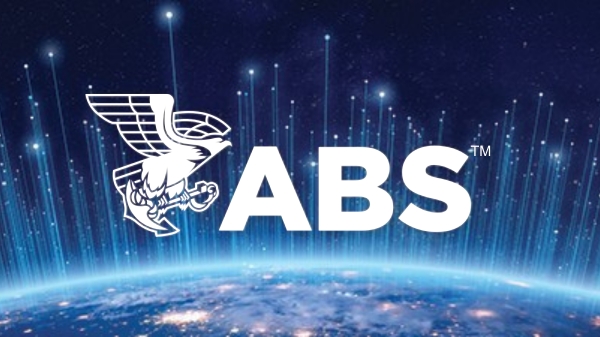
|
ABS consortium delivers ammonia fuel safety report for EMSA
Report expands on IMO interim guidelines and highlights need for comprehensive understanding of ammonia properties. |
|
|
|
||
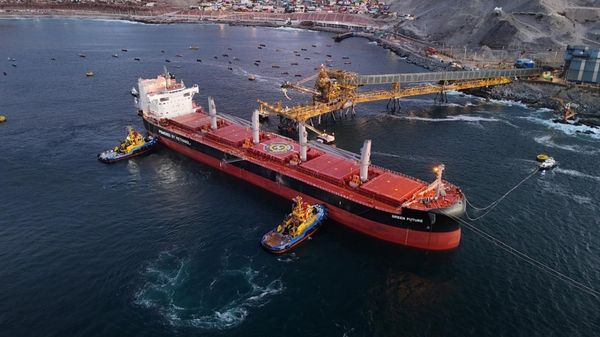
|
NYK operates methanol-fuelled bulk carrier for BHP, claims 65% emissions cut
Green Future becomes first oceangoing bulk carrier to use low-carbon methanol fuel. |
|
|
|
||
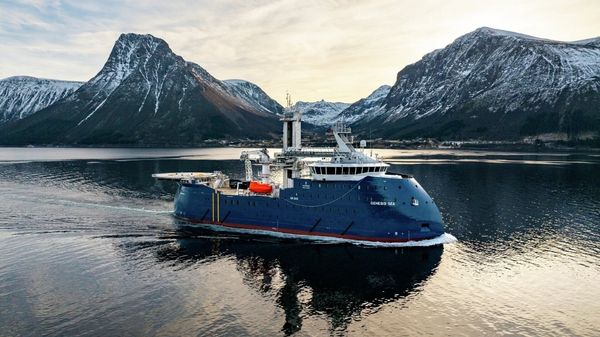
|
Ulstein Verft completes sea trials for Genesis Sea CSOV ahead of spring delivery
The 89.6-metre vessel features hybrid battery propulsion and preparations for green methanol operation. |
|
|
|
||
| Tolson: Low oil prices driving risk and complexity within the marine fuel supply chain [News & Insights] |
| Aegean appoints Adrian Tolson as MD of U.S. subsidiary [News & Insights] |